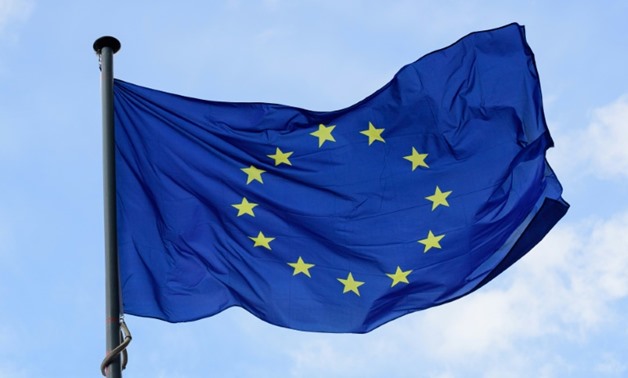
The EU's founding Maastricht Treaty (1992) established the concept of "European citizenship", including the right to vote and be elected in local and European elections in the EU state in which one resides, although under certain conditions
PARIS - 26 September 2018: France's ex-prime minister Manuel Valls on Tuesday became the most high profile beneficiary of European Union rules under which its citizens can vote and stand in local elections in other EU states.
Here is the situation in the 28-nation bloc:
- The rules -
The EU's founding Maastricht Treaty (1992) established the concept of "European citizenship", including the right to vote and be elected in local and European elections in the EU state in which one resides, although under certain conditions.
This means that nationals and non-nationals living in a particular country are equal under its rules, although legislation may vary from one country to another.
Conditions for voting and standing in elections include having residency in that country, registering on the electoral list and not holding clashing mandates.
However in countries where foreigners from other EU nations represent more than 20 percent of the voting age population, a minimum period of residence can be imposed.
This in practice only concerns Luxembourg: a European who is not a Luxembourger must have lived in the country for at least five years in order to vote or be elected.
In the four EU countries where voting is compulsory -- Belgium, Cyprus, Greece and Luxembourg -- nationals from other EU states are only put on the electoral list at their request.
But once registered, they are obliged to vote.
- Restrictions -
In 10 EU countries citizens from other member states can be elected as local councillors but not as mayors.
These are Belgium, Bulgaria, Cyprus, France, Greece, Italy, Lithuania, Poland, Romania and Slovenia.
Some, such as France, also ban citizens from other EU member states from becoming deputy mayor.
Also in France, only local councillors of French nationality can take part in the election of members of the upper house of parliament.
In Germany some regions allow EU nationals to become mayor or deputy but others do not.
- In practice -
More than 15 million Europeans live in an EU state other than their own.
However their participation in local elections remains low, according to a 2017 report by the European Commission which provided no precise figures.
A 2012 report estimated that less that one in 10 European citizens living in another member state had registered on their local electoral lists.
Cases of foreign citizens being elected mayor are rare and so far only concern small municipalities, notably in Spain.
In France 27 percent of residents from other EU states were registered for the 2014 municipal elections.
In Belgium only 18.5 percent of European foreigners voted in the 2012 local elections.
In Spain voting at local elections is authorised for nationals from a dozen countries in addition to those from the EU.
However foreigners accounted for only 1.3 percent of those on the electoral lists for the 2015 local elections.
In Scotland the independence-minded devolved government announced in September a draft law which would preserve the right to vote for Europeans in local elections after Brexit.

Comments
Leave a Comment